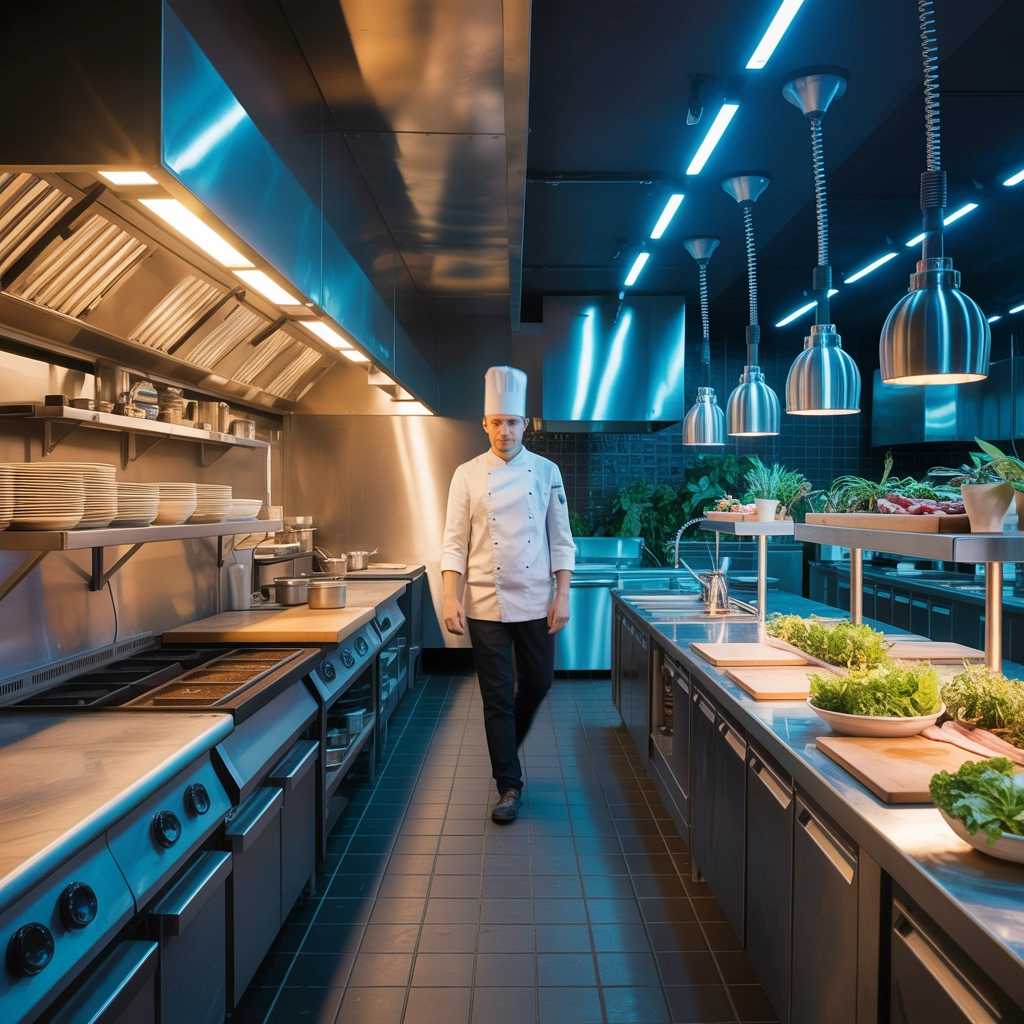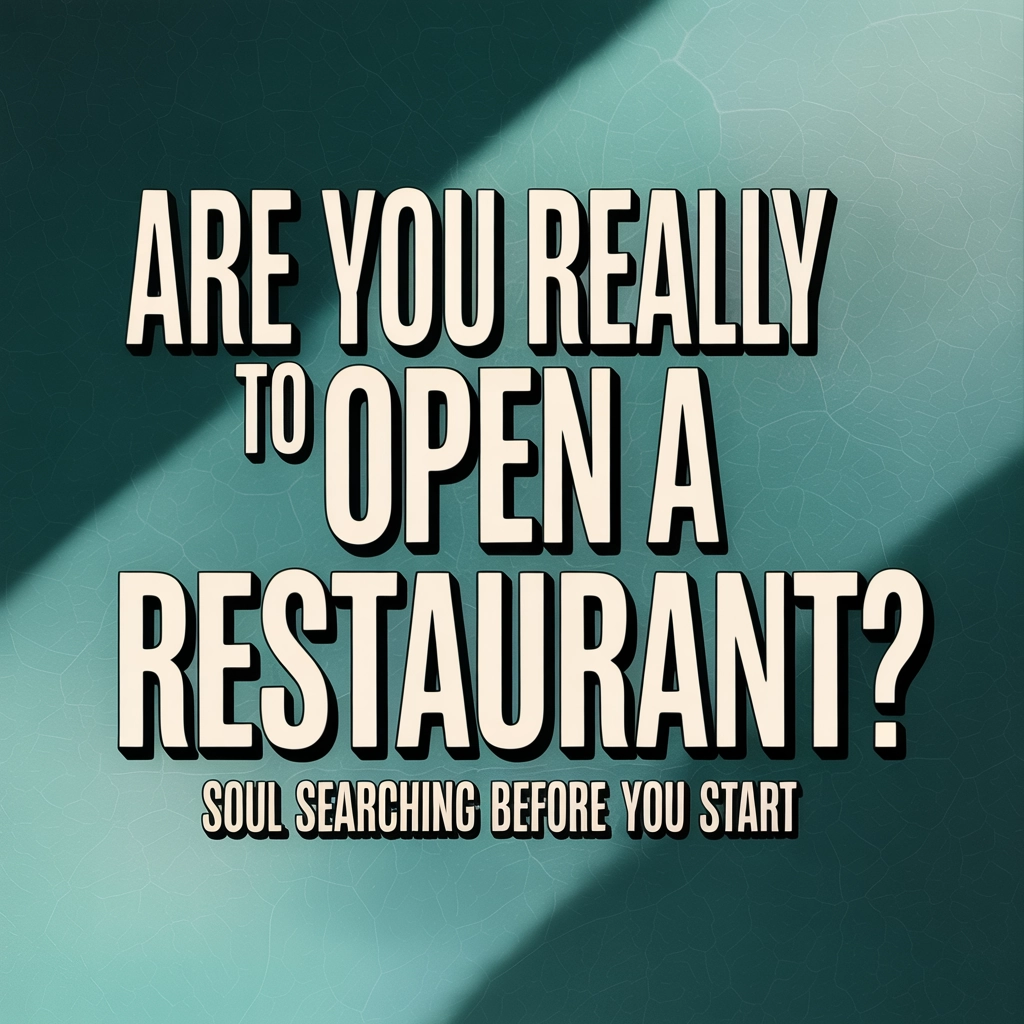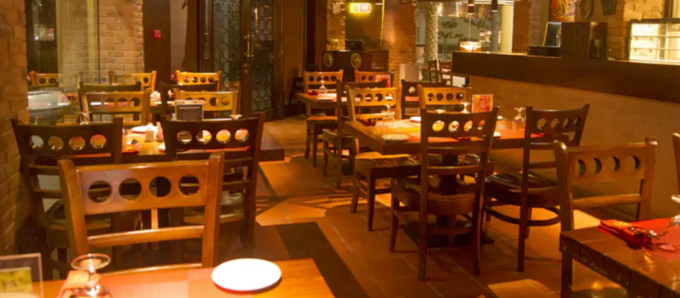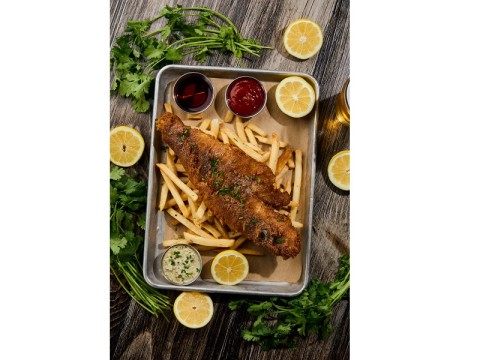You can feel it – that burning desire to open your own restaurant. Maybe it’s the family recipes you’re dying to share, the atmosphere you’ve envisioned, or simply the entrepreneurial itch that won’t go away. But before you start picking locations and designing menus, there’s a critical first step too many aspiring restaurateurs skip: honest self-reflection.
As someone who’s helped countless food entrepreneurs navigate this journey, I can tell you that success begins long before your first customer walks through the door. It starts with a hard look in the mirror.
The Critical First Step: Soul Searching
Opening a restaurant isn’t just a business decision – it’s a lifestyle choice that will consume your time, energy, and resources. The glamorous side you see on TV cooking shows represents about 5% of the reality. The other 95%? Hard work, challenges, and constant problem-solving.
Before you invest a single dollar, you need to determine if you’re truly meant for this industry. Some people are born for food and beverage. Others try it and quickly realize it’s not their path to happiness or success.

The Tough Questions You Need to Answer
Grab a legal pad or whiteboard and create two columns: pros and cons. Then answer these essential questions honestly:
- Do you genuinely love the food and beverage industry? Not just eating out, but everything about it – the pace, the people, the challenges.
- Are you willing to risk your money and potentially that of friends and family?
- Do you have the necessary relationships in the industry or the ability to cultivate them?
- Can you commit the time needed for extensive research into food supply, real estate, staffing, licensing, marketing, and competition?
- What unique competitive advantage do you bring? (Family in the business, chef training, award-winning recipes, real estate ownership, etc.)
- Does your community need or want your concept?
- Can you handle criticism from customers, staff, vendors, and critics?
Your answers will reveal whether you’re approaching this venture with realistic expectations or rose-colored glasses. Remember, approximately 60% of new restaurants fail within the first three years. The ones that succeed usually have owners who went in with their eyes wide open.
Rate Your Restaurant Readiness
Self-assessment is crucial. On that same legal pad, rate yourself from 1-10 on these qualities essential for restaurant success:
- I am a motivated self-starter
- I solve problems effectively
- I handle stress well
- I’m highly organized
- I take rejection and criticism constructively
- I’m responsible with money
- I genuinely enjoy people
- I’m willing to mop floors, wipe tables, and clean equipment
Then, have people who know you well rate you on the same factors. The gaps between your self-perception and others’ views of you can be illuminating.
Why Do You Really Want to Open a Restaurant?
People enter the restaurant business for countless reasons. Some are valid foundations for success; others are recipes for disaster. Common motivations include:
- Sharing beloved family recipes
- Creating a gathering place for friends
- Expressing artistic culinary skills
- Pursuing wealth or status
- Following a passion for food
Be brutally honest about your “why.” If it’s primarily about ego, status, or getting rich quick, you might want to reconsider. The most successful restaurateurs I’ve known share one trait: they genuinely love serving others and creating memorable experiences.

The Ego Factor: Handle With Care
Confidence is essential in business, but an unchecked ego can be your downfall. In the restaurant world, you’ll face constant feedback – some constructive, some not. Your ability to separate your self-worth from criticism of your business is crucial.
I once encountered a baker with extraordinary chocolate chip cookies. When I arranged for a major vending company owner to try them (potentially worth millions in business), the owner didn’t like them. Instead of seeing this as valuable feedback, the baker became defensive and dismissive. His ego prevented him from either improving his product or accepting that not everyone would love his creation.
Remember: when customers criticize your food or service, it’s not personal. It’s business. The moment you take it personally is the moment you begin to fail.
Family, Friends, and Naysayers: Managing Expectations
When you announce your restaurant plans, brace yourself. The same people who raved about your cooking at home might suddenly become your biggest doubters. Some will question your sanity for entering an industry with high failure rates.
You’ll need to distinguish between those who are genuinely concerned based on industry knowledge and those who simply don’t understand entrepreneurship. Both exist, and handling each appropriately is an art.
Most importantly, consider the impact on your immediate family. Opening a restaurant often means quitting your day job, potentially taking on debt, and working long, unpredictable hours. Is your family prepared for this reality?
Beyond Money: Relationships as Capital
While adequate financing is obviously essential (we’ll explore exactly how much you need in a future post), your relationships might be your most valuable asset.
Make a list of everyone you know professionally, personally, and on social media. Then develop a second list of relationships you need to establish with vendors, media contacts, and others in the industry. These connections can save you money, provide crucial advice, and help market your establishment.
When I launched Food & Beverage Magazine, I assembled an advisory board including chefs Wolfgang Puck, Bobby Flay, and Kerry Simon. Wolfgang shared his vendor list. Bobby offered to help build the magazine’s profile. These relationships weren’t about exploiting connections—they were about creating mutual value.
Adaptability: The Ultimate Entrepreneurial Skill
The restaurant industry evolves constantly. Can you pivot when necessary? Successful restaurateurs monitor trends, listen to customers, and adjust their concept when needed—without abandoning their core values.
McDonald’s customizes menus by location. Plant-based options are transforming menus. Delivery technology is changing how people experience restaurants. The ability to recognize and adapt to these shifts separates survivors from casualties.

Your Restaurant Readiness Verdict
After honest soul-searching, can you still say with conviction that you love this industry and want to serve people? Does the challenge excite you more than it intimidates you? Are you prepared for both the rewards and sacrifices?
If your answer is an authentic “yes,” congratulations—your personal foundation has been set. You’re ready for the next steps in creating your restaurant.
In our next post, we’ll explore the pros and cons of restaurant ownership in greater detail, along with a deeper dive into the personal qualities that separate successful restaurateurs from those who struggle.
For more insights into today’s restaurant industry challenges and opportunities, check out our articles on how AI is revolutionizing demand forecasting and the surprising flavor trends shaping food and beverage in 2025.
Remember, the most important ingredient in your restaurant’s success isn’t on any menu—it’s you.
Written by Michael Politz, Author of Guide to Restaurant Success: The Proven Process for Starting Any Restaurant Business From Scratch to Success (ISBN: 978-1-119-66896-1), Founder of Food & Beverage Magazine, the leading online magazine and resource in the industry. Designer of the Bluetooth logo and recognized in Entrepreneur Magazine’s “Top 40 Under 40” for founding American Wholesale Floral. Politz is also the founder of the Proof Awards and the CPG Awards and a partner in numerous consumer brands across the food and beverage sector.








